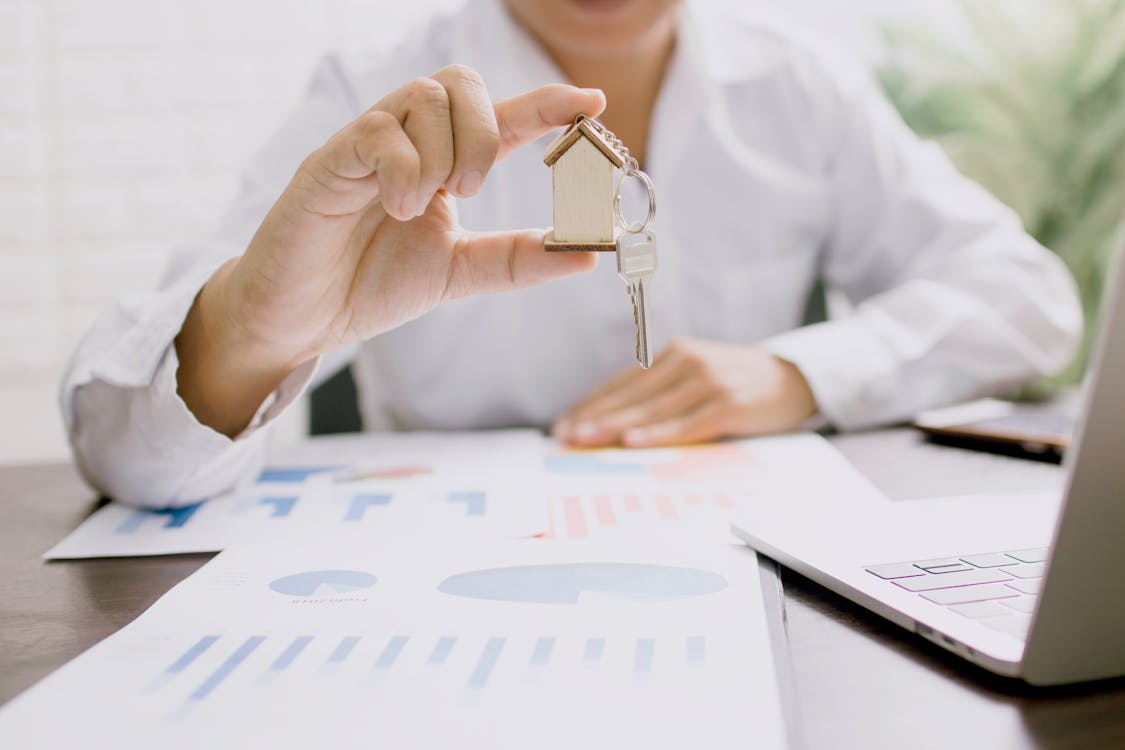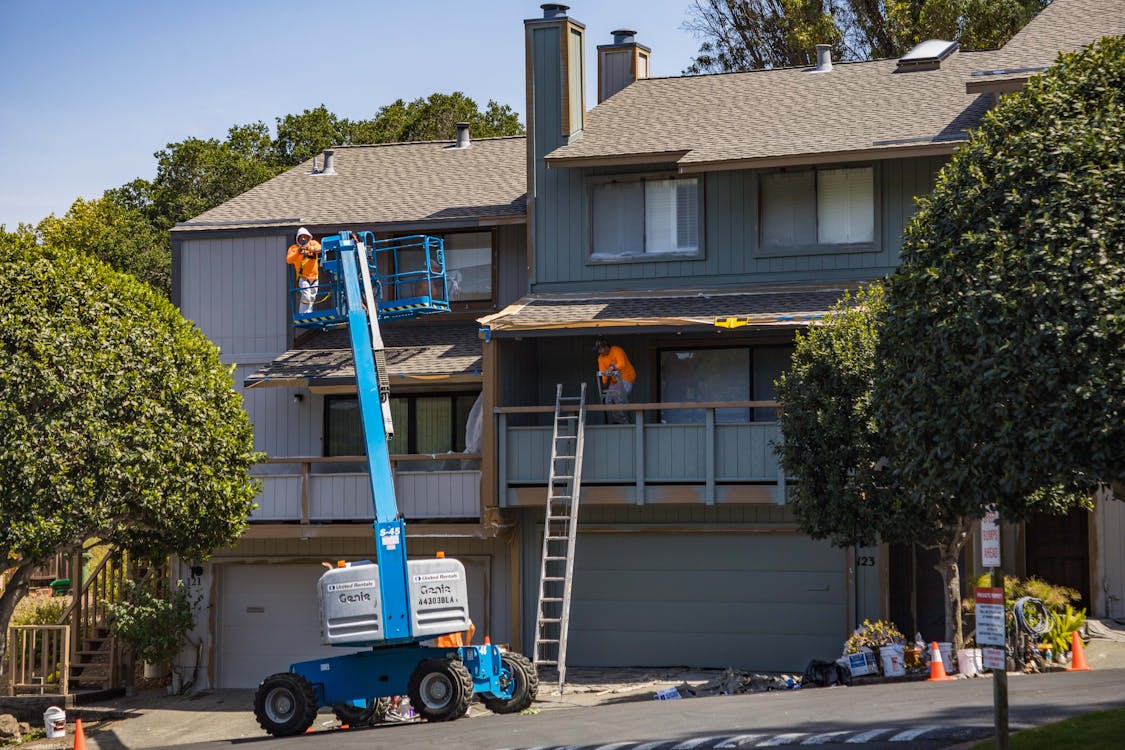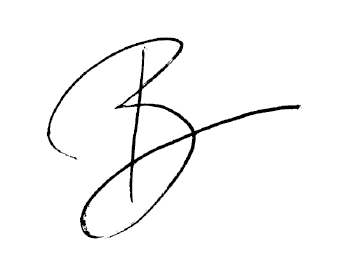By Wendy Helfenbaum for REALTOR.ca
You’ve scrolled through hundreds of home listings and feel ready to buy a home. But wait! Have you done your homework to figure out what you can afford, where your down payment will come from, and if you can get a mortgage for the rest? There’s a lot to know and do before buying a home, especially when it comes to the financial elements, so let’s help you get started.
Understanding down payments
Saving for down payments
Other home buying costs
Shopping for a mortgage
Other things to know about mortgages
Getting a mortgage pre-approval
Determining how much you can borrow
Repeat home buyers
Buying your current home before selling
Carrying two mortgages
How much you need for a down payment

Understanding down payments
Buyers must put down a minimum of 5% of the home’s purchase price, but that doesn’t mean they should stop there, says Sheldon Craig, a financial planner with Alaphia Financial Wellness in Osoyoos, British Columbia.
“It’s so important to have a healthy down payment because it’s the equity you have in your home,” explains Craig.
In Canada, buyers who put down anything less than 20% of the price of the home must also pay for mortgage insurance, notes Steven Levine, a certified mortgage broker with Team Levine in Montreal, Quebec.
“That insurance premium will be added onto your mortgage and paid through the lifetime of the mortgage,” says Levine, adding that increasing your down payment will reduce the amount of mortgage insurance you must pay.
“If you put 10% down, the premium is 3.1% of the mortgage amount. If you’re putting 15% down, it’s 2.8%. If you can swing 20%, you’re saving that insurance premium and not paying interest on it through the life of the mortgage.”
Of course, if you want to become a homeowner and can only afford to put down 5%, it’s perfectly acceptable to do so. It allows you to get into the market and achieve your goals of homeownership sooner.

What’s the best way to save for a down payment?
In addition to cutting down on expenses, following a budget and paying off your debt, first-time home buyers can gather money for a down payment by tapping into government programs and incentives.
The federal government recently introduced a new registered plan, the Tax-Free First Home Savings Account (FHSA), which is slated to launch later in 2023. This program will enable first-time home buyers to save up to $8,000 per year tax-free, up to a maximum of $40,000. Like a Registered Retirement Savings Plan (RRSP), contributions will be tax-deductible and withdrawals to purchase a first home will be non-taxable, same as a Tax-Free Savings Account (TFSA).
The First-Time Home Buyers Tax Credit allows home buyers to claim a non-refundable tax credit of up to $1,500. You can also put away up to $6,500 each year tax-free through your TFSA, which you can then withdraw from to buy a home.
“There’s also the Home Buyers’ Plan (HBP) where each buyer can take up to $35,000 of your RRSP, and you have 15 years to pay that back, otherwise there are tax implications,” adds Craig. Make sure to check into how this savings strategy may affect your retirement plan.

Think about all your costs, not just your down payment
Even if you’ve saved up 20% of the property’s price tag, first-time home buyers should consider the big picture, cautions Levine.
“You don’t want to put all your money into the down payment; you need a buffer for unexpected repairs that come up,” he explains. “You also want to live your life and not be stressed that you’re living payment to payment. Part of your budgeting is seeing if putting down 20% makes sense or not.”
Craig advises homeowners to set up a home maintenance and renovation fund equal to 1% of the property’s purchase price.
“Not many people realize that when you own a home, there are always things to do—replace the roof, the windows, the furnace. That’s why it’s so important to have that 1% allocated to a maintenance account,” he says.
You’ll also be responsible for closing costs, including real estate appraisal fees, legal fees, and title insurance, so keep a financial cushion in place. The Bank of Montreal suggests budgeting between 3% and 4% of the purchase price of your home to go towards closing costs.

What’s the best way to shop for a mortgage?
When you’re looking for a lending institution, it can feel overwhelming. The first step is learning the difference between a mortgage specialist and a mortgage broker. Mortgage specialists only work for one specific bank and have access to that bank’s rates and products.
“Mortgage brokers don’t work for a particular bank; [they’re] intermediaries between the clients and the banks,” explains Levine. “[They] have access to a dozen lenders’ rates and products, so [they] shop around for you and match clients with the best product, lender, and rate.”
To find the right professional for you, Levine suggests asking friends and family for referrals and reading online reviews. Your REALTOR® can also be a great resource and offer recommendations on who to work with.
“When speaking to the person you’re considering, see how knowledgeable they are, and whether you’re comfortable with them,” he adds.

What else do you need to know about mortgages?
Interest rates are just one component to evaluate when shopping for a mortgage. You also need to consider the types and terms of a mortgage:
An open mortgage offers the flexibility to pay part or all your mortgage anytime throughout the term with no penalties. Interest rates are usually higher for this type of mortgage.
A closed mortgage offers a lower interest rate, but it cannot be prepaid or renegotiated before your term ends without paying a penalty to the lender. If rates drop, you cannot get your rate reduced; you’re locked into your mortgage for the length of your term.
“With a closed mortgage, if you sell the home before the end of your term, you’ll pay a penalty,” notes Levine. “With an open mortgage, you can leave at any time without paying a penalty, so open rates are a lot more expensive than closed ones. Anyone looking at staying in their property for more than five or six months will want to take a closed rate.”
Hybrid mortgages—where a portion is fixed and a portion is variable at the same bank—are less popular, notes Levine.
“We don’t have many requests for that because when you need to take both products with the same bank, you’re not getting the best rates.”
Speaking of rates, you’ll need to choose between fixed, which doesn’t change, and variable, which can go up or down according to market rates. It’s also important to ask about your prepayment options in case you want to pay the mortgage off faster, advises Levine.
“If you pay a mortgage over a 25-year amortization term, you’re paying the bank a lot of interest, and some people want to minimize that interest,” he explains. “Prepayment options can include making lump sum payments that go 100% towards paying down your capital or doing increased payments where the percentages vary depending on which bank you choose.”

After choosing a lender, it’s time to get mortgage pre-approval
Getting pre-approved for financing should be taken care of early on in your home buying journey. This way, sellers know they’re dealing with a serious buyer who has already lined up a lender. Start the process by doing some math to see what you can afford, says Levine. Ultimately, the lender will provide you with the upper limit you can handle—this is not an open invitation to go and max out your pre-approval limit.
“Calculate your budget. If you’re looking at purchasing in a certain price range, how much will that cost you per month? Check out an online mortgage calculator and see what’s within your budget,” he says, adding first-time buyers also need to consider heating, electricity, property taxes, and home insurance—an affordability calculator can help you figure out what you’re comfortable spending.
“Then, find a REALTOR® you trust so they can start the home search. Your next step is to obtain a mortgage pre-approval.”
Looking for a REALTOR®? Use the REALTOR.ca Find a REALTOR® feature to connect with someone in your area who can help find your next home.

What are lenders looking at when determining how much you can borrow?
Lenders evaluate several things when deciding on the amount they’ll allow you to borrow, beginning with your credit score.
You’ll need a credit score of at least 680 or more out of a possible 900, according to the Canada Housing and Mortgage Corporation.
“From a bank’s view, anything above 715 is considered excellent,” explains Levine. “They’re also checking your debt servicing ratios: how much you earn versus the debt of the property you’re taking on, plus any personal debt you have, like credit cards, student loans, or car loans.”
Lenders want to ensure your credit history shows you pay your debts promptly, he adds.
“To make sure your credit score is in high standing, you should have at least two credit trades—like a car loan, a credit card, a personal line of credit—for at least two years’ worth for each. You could be earning an amazing salary and your debt servicing ratios could be great, but if you don’t have any credit, that’s a negative thing to the bank, because they want to see your history of credit repayment.”

Pre-approval may not guarantee your rate or lending amount
Once you’re pre-approved for a mortgage and continuing your search for the perfect property, be aware the details may shift depending on how long it takes you to find a home and whether interest rates have changed.
“You can lock in a rate on a pre-approval, depending on who you’re going with: mortgage lenders are known for having better rates than traditional lenders, but you may not be able to lock in their absolute best rate on a pre-approval,” explains Levine.
In terms of guaranteeing a quoted rate, it depends on how thorough the lender is when doing your pre-approval. For example, a bank may do the pre-approval by checking your credit but not checking other documents, such as proof of employment or your tax returns.
“That means when you go back with an accepted offer and your documents, things can change,” says Levine.
Or, maybe you found a home that’s more expensive than you originally planned for, which will require you to borrow more and therefore must redo a pre-approval. Levine advises getting pre-approved at the highest amount you’re comfortable with, even if you don’t end up needing it.

Repeat home buyers need financial prep, too
If you’re in the market for a new home and already own one, there are a few things you need to know. To source funds for the down payment, you can leverage the value of your current home or pull money from your TFSA, but you don’t qualify for government programs or tax credits geared towards first-time home buyers.
If you’re not finished paying for the home you currently own, you can transfer your mortgage to the new property, says Levine.
“If you have a fixed rate, you’ll likely be able to port your old mortgage over to the new property and maintain the old rate, but generally, variable rates are not portable,” he explains.

Should you purchase another home before selling your current one?
It happens—you figure you’ll start looking at homes to see what’s available and fall in love with a property right away, before putting your current place up for sale. What now?
“Your REALTOR® can advise you; you’ll list your property and tell any buyer coming in that you only want to close in four months, for example, to give you the time to sell your property,” says Levine.
If you decide to put an offer on a house before selling your own, the bank will check to see if you’re earning enough money to support both properties at the same time, he adds.
“If you can afford both, great. You don’t need to include that condition to sell your property in. But if the debt servicing ratios are too high, you would then need to make it conditional to selling your current property.”
Craig cautions that even if the mortgage on your original home is paid off, you may want to think twice about carrying two properties.
“There are still fees, taxes, utilities, and maintenance costs you have to pay for when owning two properties, and that can be difficult,” he says. “I highly recommend you put a condition of selling your own home first in your offer to purchase.”

Does carrying two mortgages affect your credit rating?
Worried that having two mortgaged properties will lower your credit score? Don’t be. Many Canadians own both a primary residence and a secondary residence or a rental property, and carrying two mortgages short-term before you sell your house is not an issue, says Levine.
“As long as you’re making your payments on time, there’s absolutely no impact,” he says. “Just make sure you’re always paying your personal debt, and that your balances don’t go over the limit because that will definitely pull your credit score down.”
Whether you’re a first-time buyer or a veteran homeowner, purchasing a property involves many steps and decisions along the way. But with the right professionals by your side – including a financial planner, mortgage expert, and REALTOR®—you can navigate this path with confidence.
Are you hoping to buy a home this year but don’t know if you should start your search now or wait? Your ideal time may be passing you by – give me a call and I’ll explain.
If you have been thinking about selling this year but you’re not sure if you shoud get the ball rolling now or maybe wait until later in the year, give me a call. I’ll show you what’s happening in this current market and also provide you with an up-to-date and FREE, NO COST, NO OBLIGATION home evaluation.
My number is 905-683-7800.
Thanks for reading today’s BLOG!!!

Brian Kondo
Sales Representative / Team Leader
The Brian Kondo Real Estate Team
Re/Max Hallmark First Group Realty Ltd.
905-683-7800 office
905-426-7484 direct
brian@briankondo.com
www.BrianKondo.com
www.BrianKondoTeam.com
Wendy Helfenbaum's article was initially published on Realtor.ca. You can find it by clicking here.
| REALTOR.ca is the most popular and most trusted real estate website in Canada. Owned and operated by the Canadian Real Estate Association (CREA), REALTOR.ca provides up-to-date and reliable information that makes finding your dream property easy and enjoyable. REALTOR.ca is popular with sellers, buyers, and renters and is accessible online and on mobile devices. |
|
Wendy Helfenbaum |
About the Author Wendy Helfenbaum is a Montreal-based journalist, content strategist and TV producer who covers real estate, architecture, design, DIY, travel and gardening. Her work has appeared in publications including Style at Home, Country Gardens, realtor.com, Garden Collage, Canadian Gardening, Canadian Living, Renovation Contractor and more. @WendyHelfenbaum |
Homesellers - Find Out What Homes in Your Neighbourhood are Selling For! You can receive a FREE computerized printout of ALL recent Home Sales and Current Listings in your neighbourhood. Click here!
Best Buy Hotlist - You can receive a FREE list of the 10 Best Buys in your
specific price range sent to you at No COST or OBLIGATION.
Click here!
Your Home Sold Guaranteed or I'll Buy It!* No Gimmicks! For a Free Special Report that Details my Guaranteed Sale Program, visit: www.BriansGuaranteedSaleProgram.com.
Remember, your referrals change lives! We donate a portion of our income on every home sale to a great worthy cause like SickKids Hospital. To find out more visit: www.ReferForSickKids.com.
If you or anyone you know is considering making a move in the next little while, give me a call or pass on my number ... 905-683-7800 (Office) or 905-426-7484 (Direct).
#ReadyToBuyHome #BuyingHome #PreApproval #SavingDownpayment #Mortgage #HomeBuyers #FinanciallyReady #FinanciallyEquipped #FinancialPlanner #HomeInsurance


